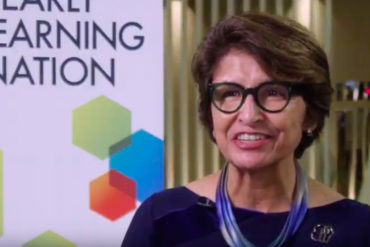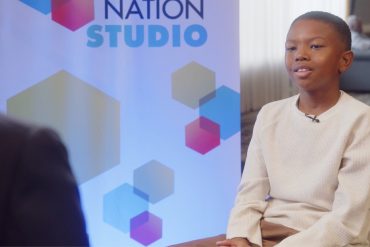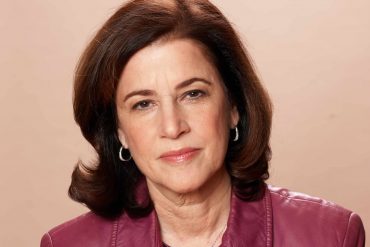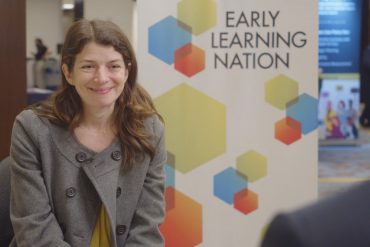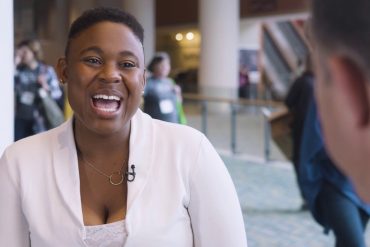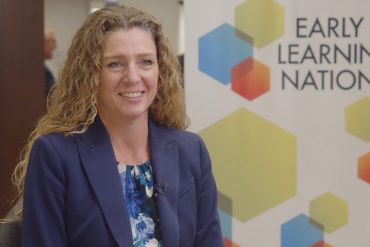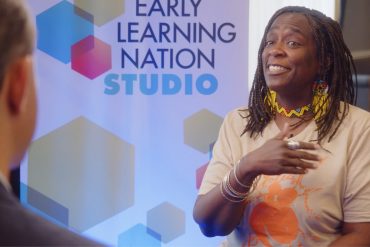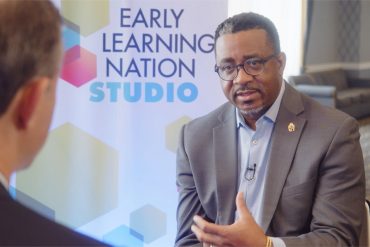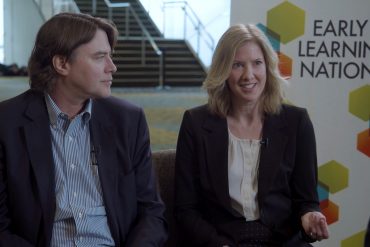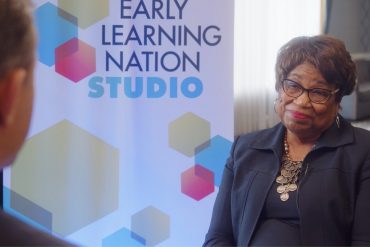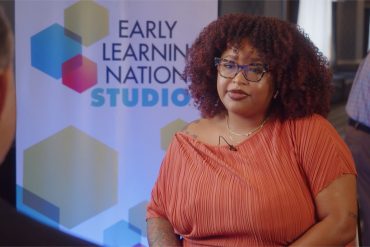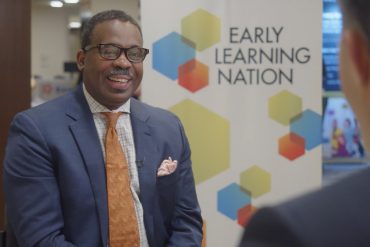How does Girl Scouts of America start shaping young girls into strong, successful adults? As CEO Sylvia Acevedo describes, it begins with early education.
Fresh off his first book, Touchdown Time, Bryson Best took time to discuss his writing process, and how sports and education connect. As Bryson notes, the key to succeeding in either environment is the same: you have to put in the work.
One of the global pioneers behind the science of early childhood learning and development, Ellen Galinsky, chief science officer at the Bezos Family Foundation and executive director of Mind in the Making, discusses her landmark book, Mind in the Making: The Seven Essential Life Skills Every Child Needs, as well as her next project, which includes exploring the mind of the adolescent.
As a Reporting Fellow at New America’s Better Life Lab, Rebecca Gale has covered many aspects of America’s approach to child care. And one thing she knows: it’s complicated. From economics to use cases to the delivery system to funding and beyond, the U.S. has no one-size-fits-all approach. That patchwork leaves too many gaps, and that’s just one reason Gale argues that one way to improve America’s child care system is to improve how journalists report about it.
What does it take to build 24-hour childcare? It starts with a promise. It continues with commitment. And to listen to Rosa Marie, President of Marvelous Minds Academy, there’s only one way it can end: With doors opening to serve families who need it.
For a community looking to address various social challenges, Vallejo, CA is starting with early childhood learning. As City Councilmember Pippin Dew says, programs such as the new First 5 Center not only help set children for future education success, but also helps families be the most productive they can be.
BCDI-Seattle has been advocating for local children and their families around public policy, education and change for 50 years. The many tactics that President Kimberly Early and her colleagues have put into place include a parent hotline where families can get immediate help and guidance when navigating school issues, including the challenge of suspensions and expulsions of Black students.
The Schott Foundation gathered grassroots organizations from across the country for the Opportunity to Learn Federal Policy Commission. On the eve of their recommendations becoming public, the Commission’s Director, Michael S. Wotorson, discusses why they came together and how their ideas will influence school board actions, local municipal leadership and state policy.
Executive function – the skills to focus and manage tasks – is, of course, central to childhood development. Given that, measuring executive function becomes imperative. How does that work? University of Minnesota professors Stephanie M. Carlson & Philip David Zelazo explain their research and the powerful tool they’ve created. Filmed for Early Learning Nation’s Mobile Studio at the Society for Research in Child Development’s biennial meeting in Baltimore, MD, on March 22, 2019. #SRCD19
Dr. Anita Fleming-Rife was born and educated in Iowa, “a product of Des Moines Public Schools back when Iowa was number one in the country in terms of education.” Now, as BCDI-Iowa Village President, she has returned home to work with educators, parents and more to build childhood learning in alignment with Iowa’s traditional place of educational excellence.
As part of their effort to target early childhood from ages zero to eight, BDCI-Colorado President Jalen Taylor is working to expand their reach across the Rocky Mountain state – with a special focus on mental health and wellness.
Senior Executive and Director of NLC’s Institute for Youth, Education and Families, Dr. Robert Blaine, says the institute works on many levels: specific programs, cities themselves and the wider population, all to increase outcomes and build more opportunity for children and families. Dr. Blaine’s role also carries an additional benefit: working with the inspiring youth leaders. It’s a blend that requires the skills of an orchestra conductor... and it turns out, Dr. Blaine has those, too.


